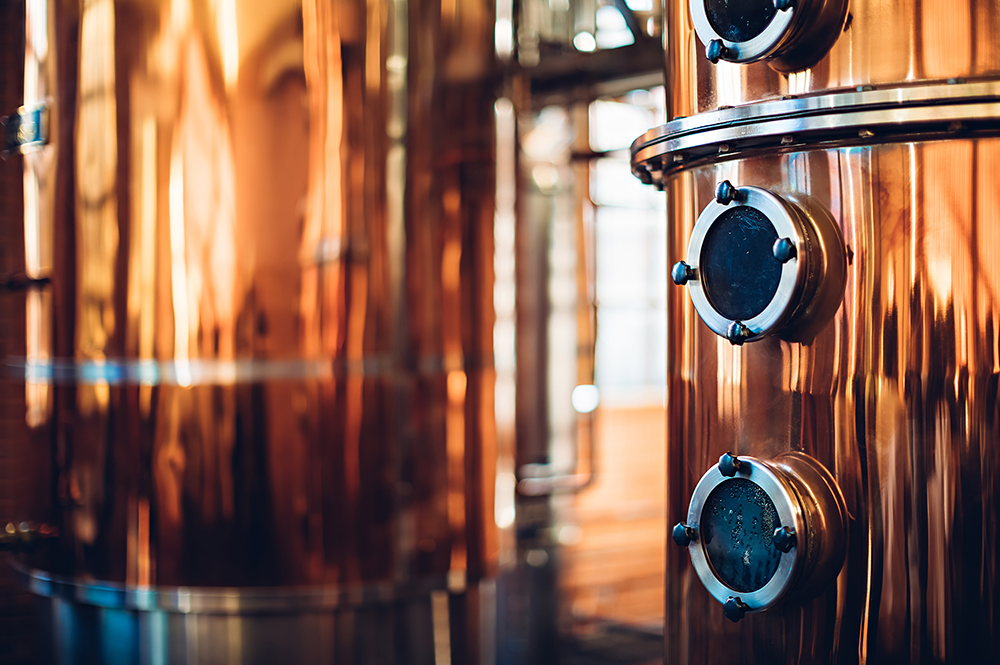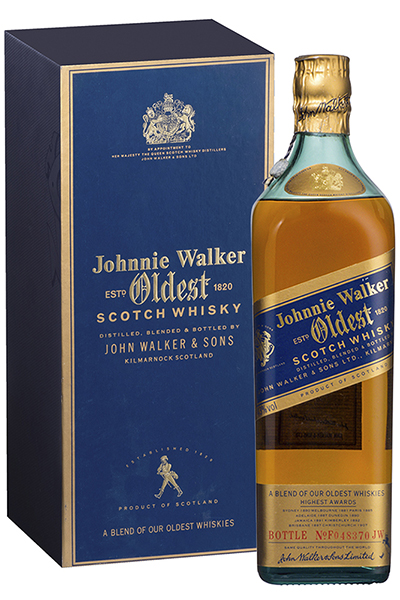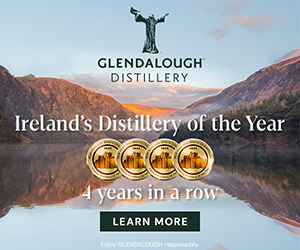Stories
Whisky is a passion to explore. From the history of the spirit to the evolution of the industry, the story of whisky helps fuel that passion. Often, it’s easy to forget that whisky is also a global multibillion dollar industry. The stories of whisky — from news and new releases to in-depth inquires and what goes on behind the label — blend together to help us appreciate the spirit of whisky.

Why Can’t Scotch Whisky Makers Be More Transparent?
November 1, 2015 – In the wake of the latest controversy involving Compass Box’s disclosure of the exact recipes for its two most recent releases, the reaction on social media has been largely one of support for Compass Box and criticism for the rest of the Scotch Whisky industry, with demands that laws be changed to allow more transparency.
 Compass Box was pressured by the Scotch Whisky Association to revise its marketing materials for “This is not a luxury whisky” and the Flaming Heart 15th Anniversary Edition to remove the age statements for all of the whiskies used in both blended malts. According to SWA legal affairs director Magnus Cormack, a competing whisky producer raised the issue on the grounds that Compass Box’s disclosure violates both the Scotch Whisky Act of 2009 and corresponding European Union legislation banning all spirits producers from disclosing any age-related information other than the age of the youngest spirit that goes into a blend. While the SWA has no enforcement power of its own, Scotch Whisky producers are now required to register with HM Revenue and Customs and are subject to compliance audits under the Geographical Indicator scheme that protects “Scotch Whisky” in international trade, and the agency could have imposed sanctions against Compass Box had the changes not been made.
Compass Box was pressured by the Scotch Whisky Association to revise its marketing materials for “This is not a luxury whisky” and the Flaming Heart 15th Anniversary Edition to remove the age statements for all of the whiskies used in both blended malts. According to SWA legal affairs director Magnus Cormack, a competing whisky producer raised the issue on the grounds that Compass Box’s disclosure violates both the Scotch Whisky Act of 2009 and corresponding European Union legislation banning all spirits producers from disclosing any age-related information other than the age of the youngest spirit that goes into a blend. While the SWA has no enforcement power of its own, Scotch Whisky producers are now required to register with HM Revenue and Customs and are subject to compliance audits under the Geographical Indicator scheme that protects “Scotch Whisky” in international trade, and the agency could have imposed sanctions against Compass Box had the changes not been made.
 Even as whisky consumers on social media are demanding changes in those laws, others are raising questions about why the ban was imposed in the first place. The ban was actually put in place nearly three decades ago, largely to protect the industry from itself – according to the industry executive who led the push for the ban, former United Distillers and Chivas Brothers executive James Espey. While at United Distillers (one of Diageo’s predecessor companies), Espey and colleague Tom Jago were responsible for creating Johnnie Walker Oldest – now known as Johnnie Walker Blue Label.
Even as whisky consumers on social media are demanding changes in those laws, others are raising questions about why the ban was imposed in the first place. The ban was actually put in place nearly three decades ago, largely to protect the industry from itself – according to the industry executive who led the push for the ban, former United Distillers and Chivas Brothers executive James Espey. While at United Distillers (one of Diageo’s predecessor companies), Espey and colleague Tom Jago were responsible for creating Johnnie Walker Oldest – now known as Johnnie Walker Blue Label.
 In a March, 2014 interview with WhiskyCast’s Mark Gillespie, Espey explained the genesis of the age statement restrictions in context with the creation of Johnnie Walker Oldest:
In a March, 2014 interview with WhiskyCast’s Mark Gillespie, Espey explained the genesis of the age statement restrictions in context with the creation of Johnnie Walker Oldest:
“We found a barrel of 60-year old, which we blended a little bit predominantly with 15-year-old…it was young, but it was a brilliant blend. Tom created a bottle as you would imagine it a hundred years ago, and we called it Johnnie Walker Oldest. And we launched it carefully, priced it appropriately as it is today, got it on the Concorde and all over the place and it took off.”
“The only thing that changed is when I left the company and became the president of Chivas Brothers, my main brand was Royal Salute, which I knew was 21 (years old). Now, it was an outstanding whisky, and I’m not sure what age it is today, but that’s not the point. We found there was a new man at United Distillers who had come from McKinsey (the consulting firm) – nothing to do with the heritage of the industry, and he was pushing in nightclubs in Taiwan ‘Johnnie Walker Oldest – 60 years of age…Royal Salute 21’. That’s ethically immoral and incorrect…so we got the law changed, and the law says today you can only mention the youngest age of any whisky in the blend.”
What would it take to change the laws? Given that there appears to be little interest in doing so within the whisky industry, any change is unlikely, especially given that it would require changing not only the UK’s law, but changing the overriding European Union law as well. The SWA’s Magnus Cormack put it bluntly in his statement:
“The law is an EU law. Neither the UK nor the SWA can derogate from it. A change would require agreement by the 28 Member States, and pre-supposes that all other spirits sectors would be in agreement.”
Now, if the push by Prime Minister David Cameron’s government to hold a referendum on continued UK membership in the European Union were to result in the so-called “Brexit”, that would still not solve the problem. While the UK and Scottish Parliaments would be free to amend the Scotch Whisky Act of 2009, the EU law would still apply to all Scotch Whisky exported to the remaining EU member nations. In addition, US law also mandates that any whisky that carries an age statement refer to the age of the youngest whisky in the bottle.
In short, Robert Merton’s Law of Unintended Consequences has been proven once again. What was originally intended to prevent unethical competition in the whisky industry now prevents the industry from being more transparent, and fixing it means the likelihood of more unintended consequences.
Be careful what you wish for…
Links: Compass Box | Scotch Whisky Association



